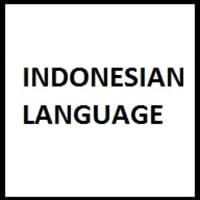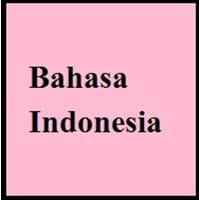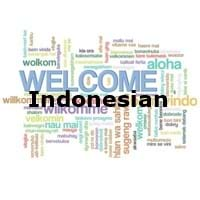Indonesian Language History
History of Indonesian Language
While studying Indonesian language history we come across origin of Indonesian language. The history of Indonesian language includes Indonesian language origin, language family, early forms, standard forms and Indonesian Language position. You can also find out about Indonesian Speaking Countries, Indonesian Alphabets and Indonesian speaking population. This will give you a complete idea of Indonesian Language. The Indonesian language history tells us about the origin of Indonesian language which was way back in 7th Century. Indonesian language history reveals the existence of Indonesian language and how long has this language been used. The scope of Indonesian is Individual.
Early Forms of Indonesian
The Indonesian language history provide early and standard forms of Indonesian language. Language is a powerful tool of communication for humans. According to their locations, people around the world use different languages for communication. According to the number of people that speak this language, check if Indonesian is one of the Best Languages to Learn. Early forms of Indonesian language include Old Malay. Some languages have early forms some don’t have early forms. The first form of language is the beginning of that language. Some languages have standard forms. The Standard form of Indonesian language is Indonesian. The signed forms of Indonesian is Sistem Isyarat Bahasa Indonesia (SIBI, "Signed Indonesian").
Indonesian Language Family
Know all About Indonesian Language. Indonesian language history tells us about Indonesian language family. The Indonesian Language Family is divided into Subgroup and Branch. The Indonesian branch is Not Available Indonesian subgroup is Indonesian. The Indonesian language belongs to Austronesian Family. There are approximately 147 language families in the world. A group of related languages belong to same language family. The Indo-European Languages group is spoken by half of the world's population.
Indonesian Language Rank
Along with Indonesian Language history, also know Indonesian Language Rank which is 56. Rank for any language is decided by number of first language speakers for it.









